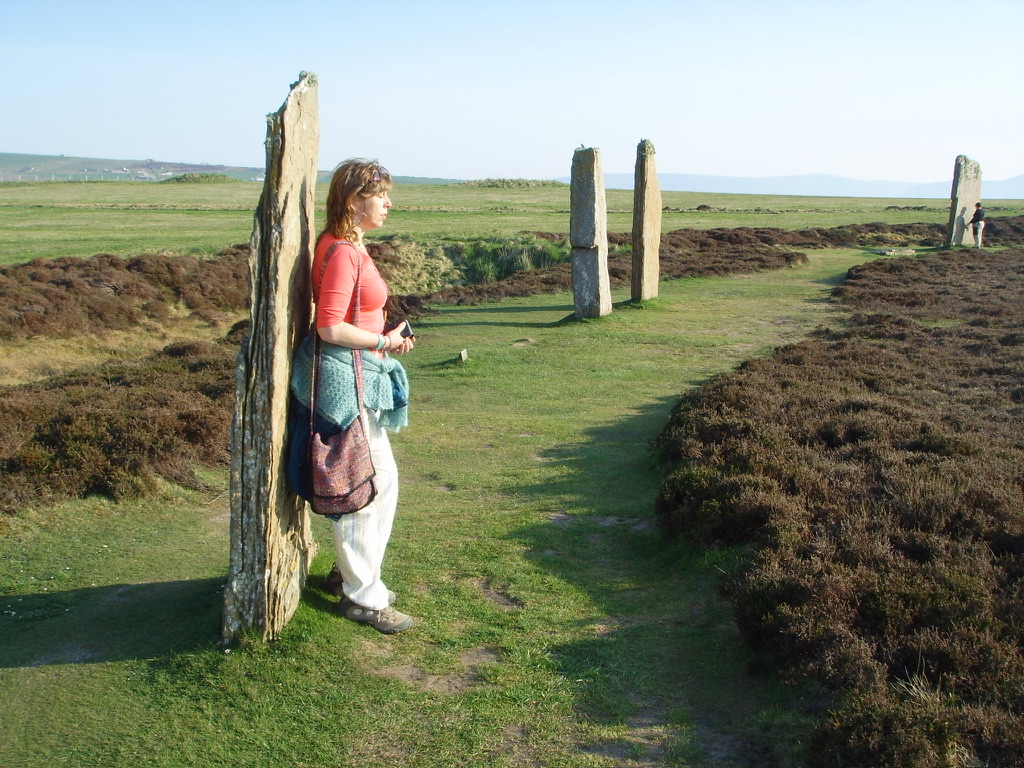
B.E.A.C.O.N
This acronym came to mind after seeing the rays of light pouring onto the rocky sea. It became a metaphor for the rough patches in our lives that are hard to navigate without someone to walk alongside us”
“Welcome to Autism Family Dynamics: Your Beacon of Support, Hope and Courage”
Discover how BEACON principles guide individuals, families and professionals through the journey of autism and other related hidden disabilites.
BELONGING; ENPOWERMENT; ACCEPTANCE; CREATIVITY; OPTOMISM; & NURTURING
BECOME ROOTED NOT ROOTLESS

Autism Family Dynamics Founder.
I am a Catalyst for Change in the world of hidden disabilities, based in Shropshire but with a global impact.
My main focuses are neurodiversity, family growth across generations, and improving group dynamics.
I work with individuals, families, and professionals, acting as a bridge between neurodiverse and neurotypical people.
I have been recognised for my expertise in spiritual practices, life purpose, creative mastery, and embodied relational therapy, dedicating 25 years to helping families facing challenges and earning their trust.
I discovered my own neurodiversity, including Nonverbal Learning Disability, Aphantasia, and my journey as a Selective Mute in recovery in 2005.
My advocacy work includes a presentation at the House of Lords in 2019, where I aimed to support marginalised groups.
I strive to improve understanding between neurotypical and neurodiverse individuals.
My qualifications include an NVQ 6 in Careers Education and Guidance, ordination as an Interfaith Minister and Spiritual Guide in 2006, a black belt in Nia, and an Advanced Diploma in Embodied Relational Therapy in 2015.
I am also an Intentional Creativity Artist and Teacher, and I have written three books and four ebooks, with more in progress.



MY INTERFAITH VOW 2005
“Here I am, wherever I am, shining my light naturally, I vow to see the sacred in myself and the apparent other, and release us into the truth of who we are” Sue Bayley

Explore Your Life
What do you think about your life and what values matter most to you? Do you feel connected to your background? How do you see yourself, and how would you rate your self-esteem? What actions can you take to improve your self-esteem, build your confidence, and support your personal growth?

What Do Your Surroundings Look Like

What Are Your Aspirations

Your Unique Assets Of Knowledge Skills And Experience

Frequently Asked Questions

Identifying Concerns of Adults Afraid of Diagnosis

Top Challenges Faced by Professionals

Proposed Priorities for Future Generations
“Sue helped my son. In spite of his selective mutism, she persevered, and after 3 months he spoke a few words to her. She helped him access the training he needed, and supervised with other professionals, so we were heard. TM is now pursuing his passion and can smile again.”
We connected on Facebook, your responses have helped me move forward in my life with my confidence, and since working together i have got my own flat and am doing well in my job, you have helped me realise my worth and encouraged me to keep going even when it gets overwhelming or hard at times. I would recommend your services because you are easy to talk tii and you are soft and gentle in how you talk to me, you are not pushy or rude, you are patient, kind and you let me take my time when responding. You actually take time to listen to my needs before responding.x.
Sue has helped me to see the world from a diifferent lens, and have a greater understanding of what my child might be thinking by giving language to potential experiences from my child’s perspective. She is also teaching me to trust my instinct, because I have noticed behaviours, and intuitively known to do things to support him, but they don’t “make sense”, in away, so its been hard to trust that i am doing the right thing. This combination of confidence and understanding helps me to speak for him when he doesn’t have the words, to get him the support he needs to thrive and enjoy life, and all his incredible gifts. i am beyond grateful for Sue.
I received a fresh testimonial from a mother in Phoenix.
She said: “Sue helped me understand my son’s diagnosis of ADHD.
After 8 years of estrangement we are talking again.
I am able to hold boundaries and support him as a result.
I had traumas as a child, and a young mother.
I accepted guidance from people I met along my journey and turned my life around.
I now hold space for others.
Sue really listened to my whole story. It took a long time. it was heavy. But she listened.”

